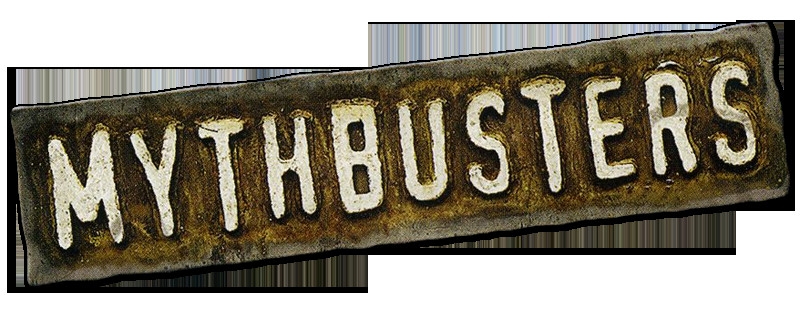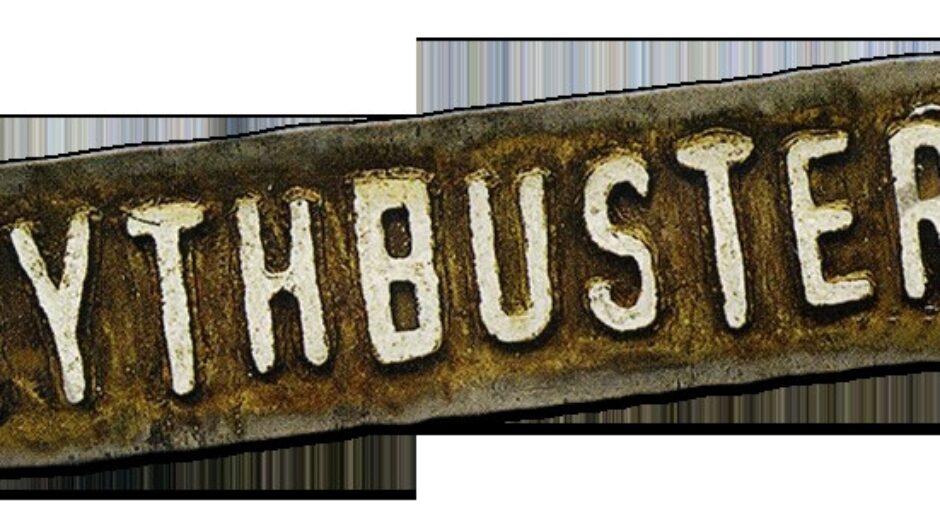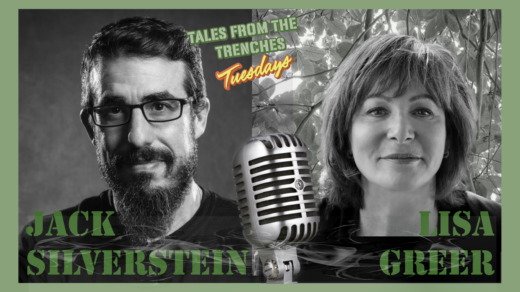
Last article, I spoke of Direct mail. Here is the next modality that I mentioned — Special Events.
Special Events are quite often seen as a gateway for donors. I like to manage the expectations of Special Events well in advance with committees, boards, and senior management — will this be a fundraiser or a friend-raiser? Would you rather 100 people show up and raise a NET of $100,000 or 500 people show up and raise a NET of $50,000? Quite often there is a push and pull with strategy and this needs to be addressed at the onset of planning. Again, manage expectations.
Special Events are very easily copied. How many galas, something-a-thons, golf tournaments, biking, etc. are out there? What makes the Special Event that you are planning so ……. special? Penn State just ran their annual THON and grossed over $10,000,000.

Special Events tend to cost around 50¢ to raise a dollar. That accounts for direct costs (and doesn’t account for time, etc.) I have found that I like to double net an event. What does that mean?
It is pretty easy to come up with an event’s net revenue. Then I appropriate the time that the staff have put into it. Is it one-third of an events person’s annual salary? Then I calculate the net-net. This is a much better reflection of the true cost of running the event. What this calculation illustrates is that staff time is valuable. The volunteers on your event (no successful event can happen without volunteers) volunteer their time. The staff do not. One must look at the opportunity cost for the staff of running this event — in layman’s terms, if they were not running the event, what else could they be doing that would generate funds? This should help organizations come up with a true ROI of the event.
I once attended a fundraising gala. The event claimed that it raised $1,300,000. After further examination, it showed that the net was just under $400,000 (still a large sum of money). I am one of the only people I know of that insist on reporting net revenues — otherwise, it is misleading. Imagine a golf tournament that claims it raised $200,000 for Charity ABC. When the cheque is actually cut to Charity ABC, it could be less than half of that. There may be some credibility issues that ensue.
Special Events also hold the most potential for risk — risk of losing money, risk of inclement weather, risk of damage to your organization’s brand. Those charity mega-lotteries are a great example of a Special Event. Once one ticket is sold, the charity is obliged to raffle off all of the prizes. Definitely a way that you can lose money. In 2011 the Royal Columbian Hospital Foundation in B.C. fell short in a lottery that offered three vacation homes, losing $3.3-million. The Royal Columbian Hospital Foundation has not offered a lottery since then.
But, not all is doom and gloom with a Special Event. This is a time that you can showcase your charity and deliver your message “en masse”. Whether it is an impact statement from a recipient of your charity’s good works or the ability to meet and greet the myriad of volunteers that make the charity tick, it is a great gateway to further involvement with your charity. It is also a way that your boards can be engaged — hosting a table, participating in a something-a-thon, or sponsoring an event. Unfortunately, many believe that the Special Events are an end unto themselves — with the goal of having a packed room/course. Just imagine if you were to try to “convert” some of these participants into philanthropic donors.
People support Special Events for a myriad of reasons. Perhaps they are a supplier and wish to show the charity some gratitude for the business partnership. Perhaps they are sponsoring a friend, neighbor or relative. In either case, the challenge is to get a deeper relationship with the participant. I have also come across the “event cynics”. These are a unique group of folks who ask the question “How much will it cost me to not attend this event?” This happens more and more in my years as a fundraiser. It reminds me of an anecdote that a donor once said to me — “Jack, do you want my time or my money. I have lots of money.” In these days of long work hours, many extracurricular activities for kids (and some pretty awesome television programming), going out for another rubber-chicken dinner may be the last thing that a donor wants to do.
Stay tuned for the next week’s installment, Planned Giving.
L’chaim
jack




